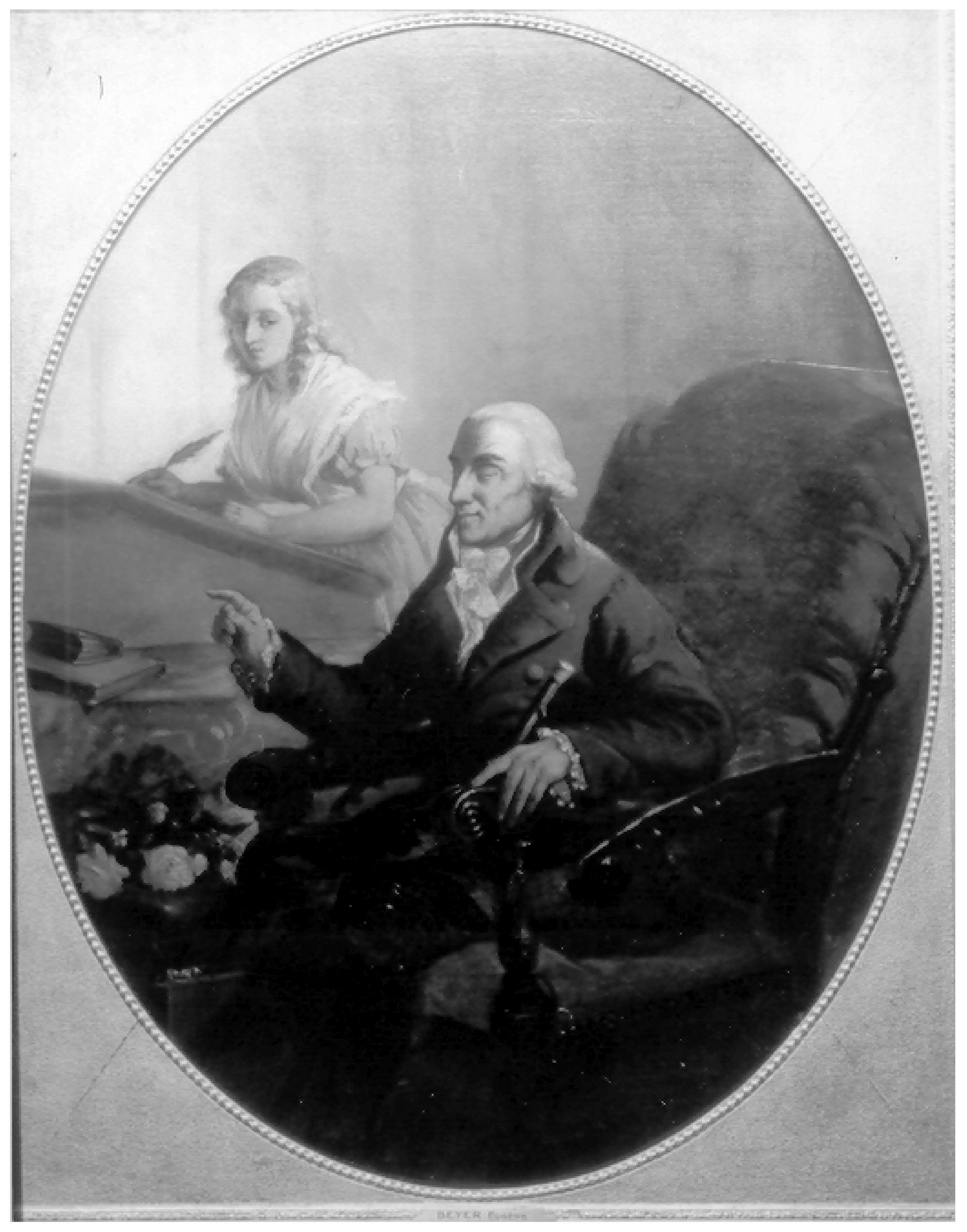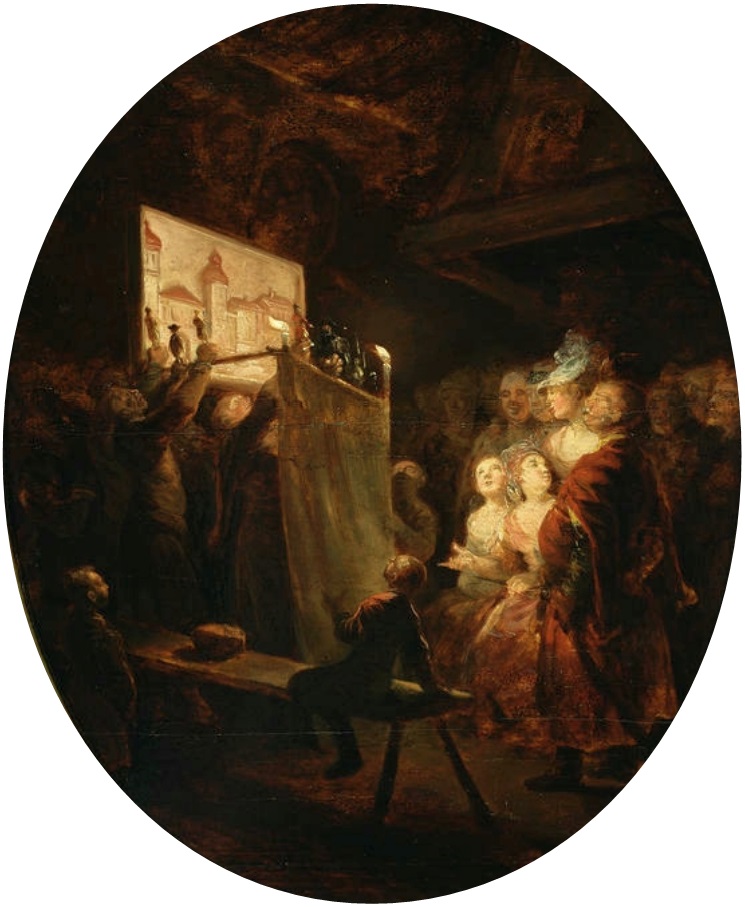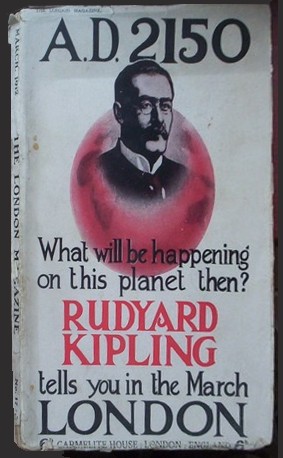|
Théophile Conrad Pfeffel
Gottlieb Konrad Pfeffel (28 June 1736 – 1 May 1809) was a French-German writer and translator from the Pfeffel family. His texts were put to music by Ludwig van Beethoven, Joseph Haydn and Franz Schubert. He is sometimes also known as Amédée or Théophile Conrad Pfeffel, which is the French translation of Gottlieb ("Godlove"). Biography Gottlieb Konrad Pfeffel was born in Colmar. His father, Johann Konrad Pfeffel, was the mayor of Colmar and a legal consultant of the French king, but died when Gottlieb was only two years old. He was raised by his brother Christian Friedrich Pfeffel, who was ten years older. He went in 1751 to the University of Halle to study law, with the intention of becoming a diplomat. There, he was a student of the philosopher Christian Wolff. In 1752, he translated Johann Joachim Spalding's ''Gedanken über den Werth der Gefühle in dem Christenthum'' in French. In 1754, he went to Dresden for treatment of an eye problem; there, he met the poet Chris ... [...More Info...] [...Related Items...] OR: [Wikipedia] [Google] [Baidu] |
Prussian Academy Of Arts
The Prussian Academy of Arts (German: ''Preußische Akademie der Künste'') was a state arts academy first established in Berlin, Brandenburg, in 1694/1696 by prince-elector Frederick III, in personal union Duke Frederick I of Prussia, and later king in Prussia. After the Accademia dei Lincei in Rome and the Académies Royales in Paris, the Prussian Academy of Art was the oldest institution of its kind in Europe, with a similar mission to other royal academies of that time, such as the Real Academia Española in Madrid, the Royal Society in London, or the Royal Swedish Academy of Fine Arts in Stockholm. The academy had a decisive influence on art and its development in the German-speaking world throughout its existence. For an extended period of time it was also the German artists' society and training organisation, whilst the Academy's Senate became Prussia's arts council as early as 1699. It dropped 'Prussian' from its name in 1945 and was finally disbanded in 1955 after ... [...More Info...] [...Related Items...] OR: [Wikipedia] [Google] [Baidu] |
Philemon Und Baucis (Haydn)
''Philemon und Baucis, oder Jupiters Reise auf die Erde'' (''Philemon and Baucis, or Jupiter's Journey to Earth''), Hoboken-Verzeichnis, Hob. XXIXb:2, is an opera in one act by Austrian composer Joseph Haydn to a German libretto, possibly by Nikolaus I, Prince Esterházy, Prince Esterházy's librarian, Phillip Georg Bader. The text is based upon a play by Gottlieb Konrad Pfeffel, G. K. Pfeffel, itself a retelling of the Baucis and Philemon Classical mythology, myth from Ovid, Ovid's ''Metamorphoses''. The work is in the form of a ''Singspiel''. Composition history Premiering in 1773 for a visit from Empress Maria Theresa, ''Philemon und Baucis'' is Haydn's first Marionette#Marionette_operas, puppet-opera, and the first known to be written for the Eszterháza ''Marionettentheater'' (''puppet theater''). Its premiere was complemented by a ''Prelude (music), Vorspiel'', ''Der Götterrat'' (''The Council of the Gods''), and possibly Haydn's Symphony No. 50 (Haydn), Symphony No. 50, ... [...More Info...] [...Related Items...] OR: [Wikipedia] [Google] [Baidu] |
Marionette
A marionette (; french: marionnette, ) is a puppet controlled from above using wires or strings depending on regional variations. A marionette's puppeteer is called a marionettist. Marionettes are operated with the puppeteer hidden or revealed to an audience by using a vertical or horizontal control bar in different forms of theatres or entertainment venues. They have also been used in films and on television. The attachment of the strings varies according to its character or purpose. Etymology In French, ''marionette'' means "little Mary". In France, during the Middle Ages, string puppets were often used to depict biblical events, with the Virgin Mary being a popular character, hence the name. In France, the word ''marionette'' can refer to any kind of puppet, but elsewhere it typically refers only to string puppets. History Ancient times Puppetry is an ancient form of performance. Some historians claim that they predate actors in theatre. There is evidence that they we ... [...More Info...] [...Related Items...] OR: [Wikipedia] [Google] [Baidu] |
Singspiel
A Singspiel (; plural: ; ) is a form of German-language music drama, now regarded as a genre of opera. It is characterized by spoken dialogue, which is alternated with ensembles, songs, ballads, and arias which were often strophic, or folk-like. Singspiel plots are generally comic or romantic in nature, and frequently include elements of magic, fantastical creatures, and comically exaggerated characterizations of good and evil. __TOC__ History Some of the first Singspiele were miracle plays in Germany, where dialogue was interspersed with singing. By the early 17th century, miracle plays had grown profane, the word "Singspiel" is found in print, and secular Singspiele were also being performed, both in translated borrowings or imitations from English and Italian songs and plays, and in original German creations. In the 18th century, some Singspiele were translations of English ballad operas. In 1736, the Prussian ambassador to England commissioned a translation of the ballad op ... [...More Info...] [...Related Items...] OR: [Wikipedia] [Google] [Baidu] |
The London Magazine
''The London Magazine'' is the title of six different publications that have appeared in succession since 1732. All six have focused on the arts, literature and miscellaneous topics. 1732–1785 ''The London Magazine, or, Gentleman's Monthly Intelligencer'' was founded in 1732 in political opposition and rivalry to the Tory-supporting ''Gentleman's Magazine'' and ran for 53 years until its closure in 1785. Edward Kimber became editor in 1755, succeeding his father Isaac Kimber. Henry Mayo was editor from 1775 to 1783. Publishers included Thomas Astley. 1820–1829 In 1820 the ''London Magazine'' was resurrected by the publishers Baldwin, Craddock & Joy under the editorship of John Scott who formatted the magazine along the lines of the Edinburgh publication ''Blackwood's Magazine''. It was during this time that the magazine published poems by William Wordsworth, Percy Bysshe Shelley, John Clare and John Keats. In September 1821 the first of two instalments of Thomas De Quinc ... [...More Info...] [...Related Items...] OR: [Wikipedia] [Google] [Baidu] |
Maria Theresia Von Paradis
Maria Theresia von Paradis (May 15, 1759 – February 1, 1824) was an Austrian musician and composer who lost her sight at an early age, and for whom her close friend Mozart may have written his Piano Concerto No. 18 in B-flat major. She was also in contact with Salieri, Haydn, and Gluck. Early life Maria Theresia von Paradis was the daughter of Joseph Anton von Paradis, Imperial Secretary of Commerce and Court Councilor to the Empress Maria Theresa, for whom she was named. The Empress, however, was not her godmother, as was often believed. Between the ages of 2 and 5 she lost her eyesight. She received a broad education in the musical arts from: * (music theory and composition) * Leopold Kozeluch (piano) * Vincenzo Righini (singing) * Antonio Salieri (singing and composition) * Abbé Vogler (music theory and composition). By all accounts, Paradis had an excellent memory and exceptionally accurate hearing, as she was widely reported to have learned over sixty concertos b ... [...More Info...] [...Related Items...] OR: [Wikipedia] [Google] [Baidu] |
Cantata
A cantata (; ; literally "sung", past participle feminine singular of the Italian verb ''cantare'', "to sing") is a vocal composition with an instrumental accompaniment, typically in several movements, often involving a choir. The meaning of the term changed over time, from the simple single-voice madrigal of the early 17th century, to the multi-voice "cantata da camera" and the "cantata da chiesa" of the later part of that century, from the more substantial dramatic forms of the 18th century to the usually sacred-texted 19th-century cantata, which was effectively a type of short oratorio. Cantatas for use in the liturgy of church services are called church cantata or sacred cantata; other cantatas can be indicated as secular cantatas. Several cantatas were, and still are, written for special occasions, such as Christmas cantatas. Christoph Graupner, Georg Philipp Telemann and Johann Sebastian Bach composed cycles of church cantatas for the occasions of the liturgical year. ... [...More Info...] [...Related Items...] OR: [Wikipedia] [Google] [Baidu] |
Leopold Kozeluch
Leopold may refer to: People * Leopold (given name) * Leopold (surname) Arts, entertainment, and media Fictional characters * Leopold (''The Simpsons''), Superintendent Chalmers' assistant on ''The Simpsons'' * Leopold Bloom, the protagonist of James Joyce's ''Ulysses'' * Leopold "Leo" Fitz, a character on the television series ''Agents of S.H.I.E.L.D.'' * Leopold "Butters" Stotch, a character on the television series ''South Park'' * General Leopold von Flockenstuffen, a character in the BBC sitcom Allo 'Allo!'' * Leopold the Cat, Russian cartoon character Other arts, entertainment, and media * Leopold (prize), a biennial German prize for music for children * ''Kate & Leopold'', 2001 romantic comedy film * ''King Leopold's Ghost'', popular history book by Adam Hochschild * "King Leopold's Soliloquy", 1905 pamphlet by Mark Twain. * ''Leopold the Cat'', television series * Léopold Nord & Vous, Belgian musical band Brands and enterprises *Leopold (publisher), a Netherlands-b ... [...More Info...] [...Related Items...] OR: [Wikipedia] [Google] [Baidu] |
Otto Erich Deutsch
Otto Erich Deutsch (5 September 1883 – 23 November 1967) was an Austrian musicologist. He is known for compiling the first comprehensive catalogue of Franz Schubert's compositions, first published in 1951 in English, with a revised edition published in 1978 in German. It is from this catalogue that the ''D'' numbers used to identify Schubert's works derive. Life Deutsch was born in Vienna on 5 September 1883 in a Jewish family."Otto Deutsch" profile at the Following his studies of art history and literature in Vienna and , he worked as an assistant at the ... [...More Info...] [...Related Items...] OR: [Wikipedia] [Google] [Baidu] |
Lied
In Western classical music tradition, (, plural ; , plural , ) is a term for setting poetry to classical music to create a piece of polyphonic music. The term is used for any kind of song in contemporary German, but among English and French speakers, is often used interchangeably with " art song" to encompass works that the tradition has inspired in other languages as well. The poems that have been made into lieder often center on pastoral themes or themes of romantic love. The earliest lied date from the late fourteenth or early fifteenth centuries, and can even refer to from as early as the 12th and 13th centuries. It later came especially to refer to settings of Romantic poetry during the late eighteenth and nineteenth centuries, and into the early twentieth century. Examples include settings by Joseph Haydn, Wolfgang Amadeus Mozart, Ludwig van Beethoven, Franz Schubert, Robert Schumann, Johannes Brahms, Hugo Wolf, Gustav Mahler or Richard Strauss. History For Ger ... [...More Info...] [...Related Items...] OR: [Wikipedia] [Google] [Baidu] |
WoO (Beethoven)
Woo, WoO, WOO, W.O.O. and variants may refer to: People Woo or Wu, romanization of several East Asian names: * Hu (surname): 胡, 瓠, 護, 戶, 扈, 虎, 呼, 忽, 斛 * Wu (surname): 吳, 伍, 武, 仵, 烏, 鄔, 巫 * Ng (name): 吳, 伍 * Woo (Korean name), a Korean surname and given name: 우 * Woo, Łukasz Obrzut, nickname of Polish-American basketball player based on the pronunciation of his first name (Woo-kosh) Film and TV * ''Woo'' (film), a 1998 romantic comedy * "Woooo!", a 2008 television episode of ''How I Met Your Mother'' * Woo, a character in the '' King of the Monsters'' series of video games * WoO, an alien creature in ''Bio Planet WoO'', a Japanese television show * Woo, a fictional monster in the ''Ultraman'' television series * Woo, a character in the movie ''The Big Lebowski'' * Woo, or WoO, also known as WWOO WWoO, abbreviation for The Wizard of Oz * "Woooo!", a catchphrase by pro wrestler Ric Flair Music * WoO, ("Works without opus number"), a catalogi ... [...More Info...] [...Related Items...] OR: [Wikipedia] [Google] [Baidu] |








